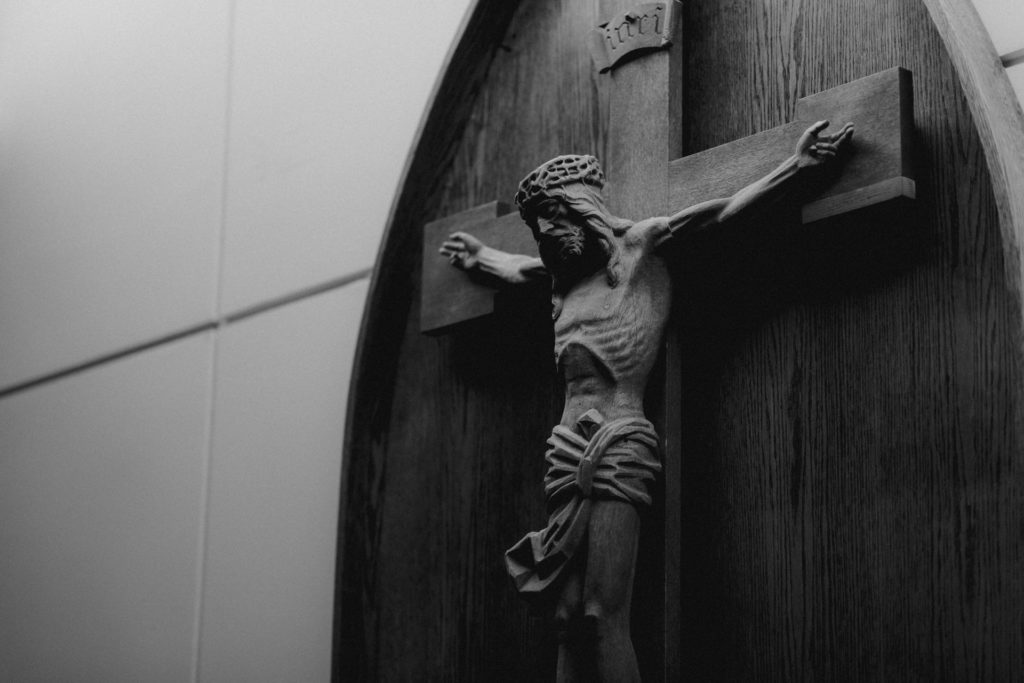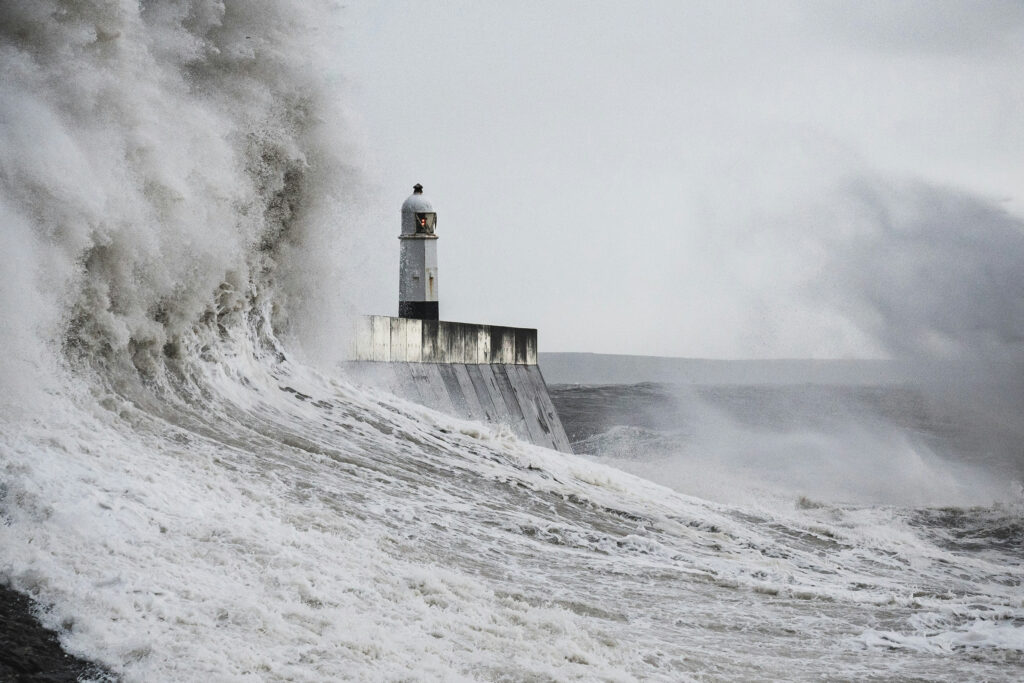She couldn’t understand why we Christians worship a dead God.
My heart immediately cried, “We don’t! He’s not hanging there anymore!”
But when I took a good look at my life and the church, I wondered, “Does she have a point?”
If Easter wasn’t on the calendar, would it cross our minds? Would we ever greet one another, “He is risen (He is risen indeed)”?
Over the past couple of years, I’ve made a terrifying discovery: People worship a functionally-dead Savior—a domesticated version of Jesus devoid of authority, power, and hope, who can forgive sins but little else. Yes, they may affirm that they believe Jesus rose from the dead—but that’s not the Jesus they ground their lives in.
Here are some dangerous signs that you might be worshiping a “dead” version of Christ.
1. You’re Paralyzed by Fear
It is human nature to avoid pain, suffering, and death.
Christians and non-Christians alike talk a big game about their willingness to suffer or die. Even the Christian who claims to follow the One who defeated death still doesn’t quite live like it.
But if Christ is risen, then when we believe in him, we too will be resurrected.
If that’s true, it doesn’t matter what you do to my body. It doesn’t matter whether you starve it, beat it or kill it—the Christ we serve is far more powerful than death.
We have the antidote to the universal, terminal disease: death itself. Why don’t we spread the cure?
But the problem isn’t just in the way we live; it’s in the very way we talk about Christ.
2. Your Gospel Stops at the Cross
My version of the gospel ended at the cross until very recently (by God’s grace). What do I mean?
Normally, when we share the gospel, we talk about how we are all sinners and the rightly deserved punishment for sin is hell. Then, we explain how God, in his great mercy, became a man, lived a perfect life on earth, and died to pay for our sins. In doing so, he made us innocent in the eyes of God.
This is 100 percent true. But the message doesn’t end there.
Often, when I ask, “After Christ died, do you know what he did next?” People typically reply, “No.” Then, I tell them, “Jesus rose from the dead three days later.” We can’t ever leave that out. But why?
Because the gospel isn’t complete at the cross.
For us, the resurrection is treated like an exclamation point at the end of our gospel. For the apostles, it was the basis of the entire gospel. If the apostles had found out the resurrection was a myth, their lives would have made a complete 180-degree turn. Everything they were doing beforehand would have been senseless. There is no gospel, no church, no reason to suffer or die for Christ if he remained dead.
Paul wrote in 1 Corinthians 15:17-19 that if Christ was not raised from the dead, then when you die—even as a Christian—you’re dead. Done. That’s it.
So how do we show the resurrection is a necessary part of the gospel story?
The answer is that when Christ died, you died, and when Christ rose, you rose (2 Cor. 5:14-15). Not only does Christ offer you a clean slate—he writes on it a new life, lived for God, which begins now.
3. You Don’t Know Why You’re Here
By “here,” I don’t mean your couch, desk or wherever you’re sitting right now. I mean the earth.
When I proctored apologetics classes for a large evangelical university online, we asked students to answer several core questions about life using Scripture. One of those questions was, “What is the purpose of life?”
One of the most common answers I received goes something like: the purpose of life is to get saved and go to heaven.
The problem is that would mean Adam and Eve had no purpose on earth before sin entered the world other than to be glorified landscapers. But that isn’t the case.
Man was created to walk the earth, glorifying God and living for him. In the words of the Westminster Catechism, “Man’s chief end is to glorify God and enjoy him forever.”
Your life isn’t complete when you are saved; in a very practical sense, it begins when you are saved.
4. Your Daily Relationship With Christ Is Shallow
Jesus is Lord already. He revealed how powerful he is by overthrowing death. That means he has power over you, too.
Recent Christian culture has inundated us with a message of hyper-grace: Jesus died to forgive you; therefore, you are completely free from everything and can just relax and be yourself. The problem with this message is that we are not merely freed from sin; we are bound to Christ.
A functionally-dead Jesus can forgive me and even make me feel pretty good about myself, but he doesn’t do much more. However, a dead and raised Jesus will not only forgive me but lovingly lead me into obedience.
I owe my life to him, and I have the opportunity and obligation to live in light of that debt by living for him.
Do you worship a dead Savior or a living Lord?




